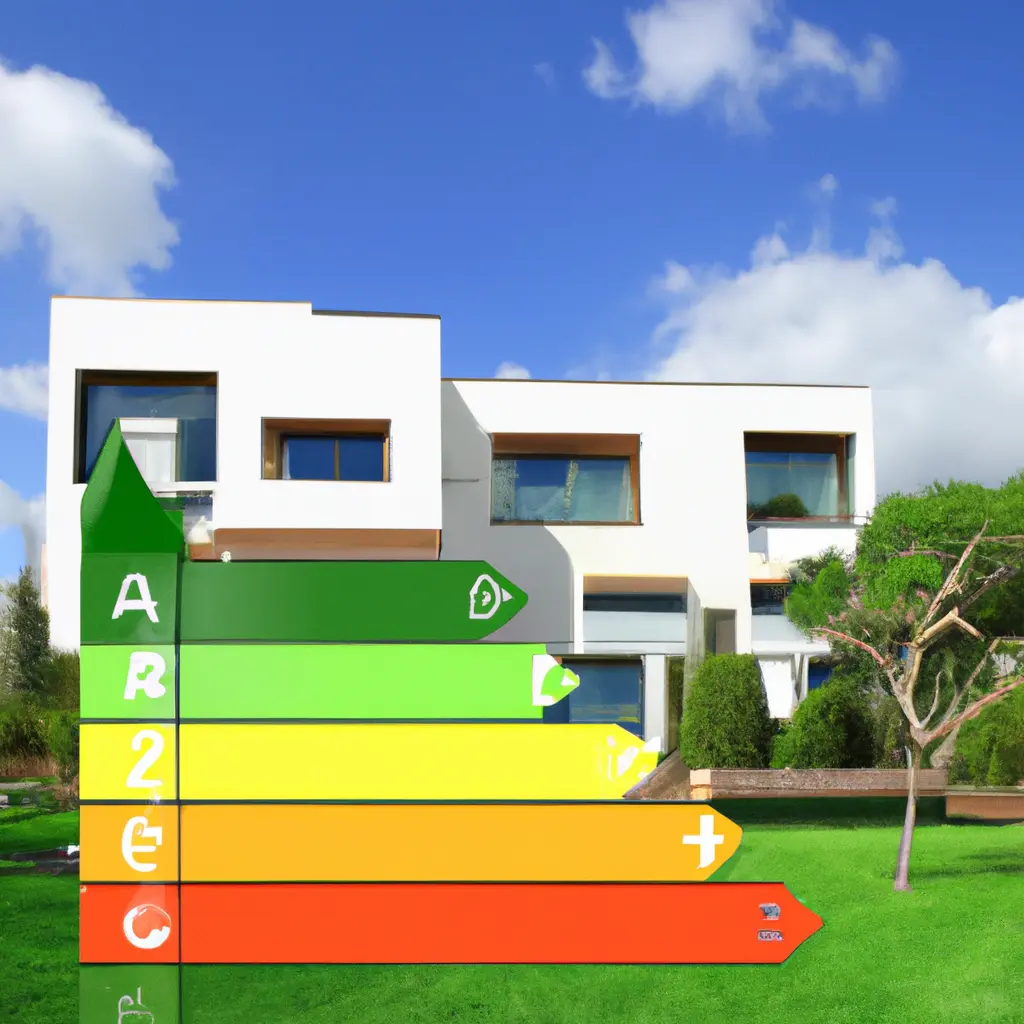EU rules could determine the future of the real estate sector


The European Parliament recently passed a new bill that aims to combat climate change by reducing carbon emissions. This new legislation has significant implications for the real estate markets in Cyprus and Greece, where there is a large stock of buildings over 30 years old that require energy upgrades.
If and when implemented into local legislation, these new regulations will require all new buildings to be zero-emission from 2028, the deadline for all new buildings occupied, operated or owned by public bodies expires in 2026. All new buildings must be equipped with solar technology by 2028 if technically feasible and economically viable, and residential buildings undergoing major renovations have a deadline of 2032. It is important to note that residential buildings must achieve at least energy class E by 2030 and D by 2033 - on a scale from A to G, the latter corresponding to the 15% worst buildings of the national economy of the Member State. If a building does not meet these energy efficiency criteria, it cannot be mortgaged or transferred into ownership.
Cyprus and Greece have a large stock of old buildings that do not meet the new energy efficiency standards set by the European Union. In Cyprus, for example, about 70% of buildings were built before the 1980s, while in Greece the figure is about 55%. According to a recent study, Greece has about 154,000 buildings built before 1919 and 324,700 buildings built between 1919 and 1945. In addition, approximately 573,250 buildings were constructed between 1946 and 1960 and 639,475 buildings were constructed between 1961 and 1970. These older buildings require significant upgrades to meet new energy efficiency standards and are expected to have a significant impact on local real estate markets. This can lead to higher costs for homeowners and landlords, as well as for buyers and tenants looking for more energy efficient properties.
The cost of retrofitting a building to meet new energy efficiency standards can be significant and can range from a few thousand euros to tens of thousands of euros, depending on the size of the building and the amount of work required. For example, in Cyprus, the cost of renovating a building to meet new energy efficiency standards can range from €7,500 to €30,000, depending on the size of the building and the amount of work required.
14 May 2025
14 May 2025
The new regulations could also affect the construction industry in Cyprus and Greece. With the new regulations in place, construction companies will be forced to focus on building more energy efficient buildings, which could increase costs. This could lead to a contraction in the sector if developers are unwilling to invest in more expensive construction projects. On the other hand, the new regulations create opportunities for various real estate market participants to take action with respect to compliance and sustainability. Property owners and landlords can take advantage of financial incentives to invest in energy efficient upgrades and renovations to their properties. Banks and financial institutions can create financial instruments and products that support these investments (sustainable finance), such as green mortgages or loans with reduced interest rates for energy efficient facilities. Developers and construction companies can incorporate sustainable building practices into their projects, giving them a competitive advantage as demand for such buildings increases. Moreover, real estate agents can educate their clients about the benefits of energy efficient properties and guide them to make sustainable decisions. By taking advantage of these opportunities, stakeholders will not only comply with the new regulations, but will also improve their reputation and brand value, increase their property values and contribute to a more sustainable future.
About the author
Pavlos Loizou, CEO, Ask WiRE
Comment
Popular Offers

Subscribe to the newsletter from Hatamatata.com!
Subscribe to the newsletter from Hatamatata.com!
I agree to the processing of personal data and confidentiality rules of Hatamatata














